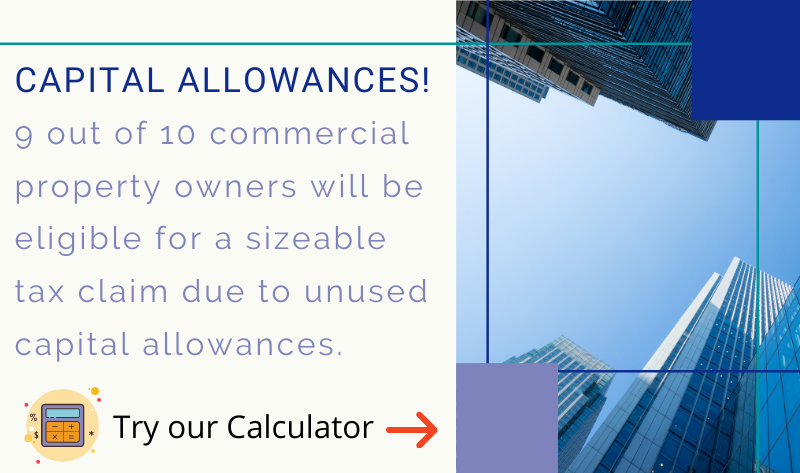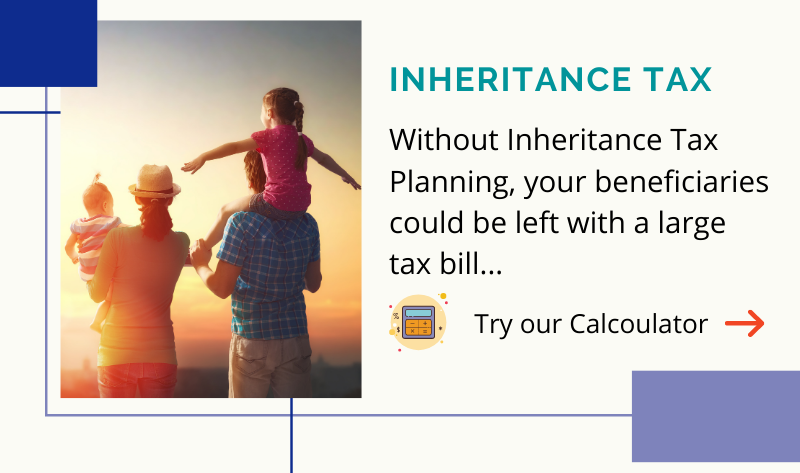
(4 Minute Read)
Changes to Off-Payroll working and IR35.
What is it?
Off-Payroll working is when a worker is not on the PAYE payroll. This worker could be providing their services through a Personal Service Company (PSC), which aims to sell their services to an end client.
IR35 refers to the sets of legislation that HMRC have produced to tackle the tax avoidance from firms hiring worker through these PSCs in order to avoid paying tax and National Insurance as they would with an employee.
If IR35 applies, then any payments made through these PSCs are subject to the same tax and National Insurance contributions as payments made to an employee.
There are changes to Off-Payroll working which will come into effect on the 6th April 2021.

What’s new?
From the 6th April 2021, the determination of whether Off-Payroll (IR35) rules apply will change. Before then, public sector and large-or-medium-sized private sector businesses the determination of employment status should be done by the end client. In these cases, any PAYE or National Insurance (NI) should be paid by the fee payer (who is normally the end client). Previously, these rules only applied to the public sector.
For smaller private sector businesses, the PSC should assess the employment status, and any PAYE or NI should be paid by the PSC.
Step-by-Step Guide?
If you wish to asses whether the Off-Payroll (IR35) rules apply then you should use HMRC’s Calculator Above.
For Public Sector Clients:
- The end client must assess the worker’s employment status and inform the fee payer (the end client and fee payer can be the same organisation).
- The fee payer must deduct the PAYE and NI from the fee paid to the worker’s PSC.
For Larger or Medium Sized Businesses:
- The end client must first asses the size of its own business and the notify the worker if they are a large or medium sized business.
- The end client then must assess the worker’s employment status and inform the worker and the fee payer.
- The fee payer must deduct the PAYE and NI from the fee paid to the worker’s PSC.
For Small Private Business:
- The end client informs the worker that it is a small company.
- The worker or PSC then assess the worker’s employment status.
- If IR35 applies then the PAYE and NI is paid by the PSC under its own PAYE reference.

Anything else?
From the 6th April, all clients are required to introduce a disagreement process, to resolve any issues regarding assessment.
If any party fails to pass on the results of the employment test, it will become the deemed employer’s fault, i.e., the party that pays the PAYE and NI.

Kind regards Ilyas
